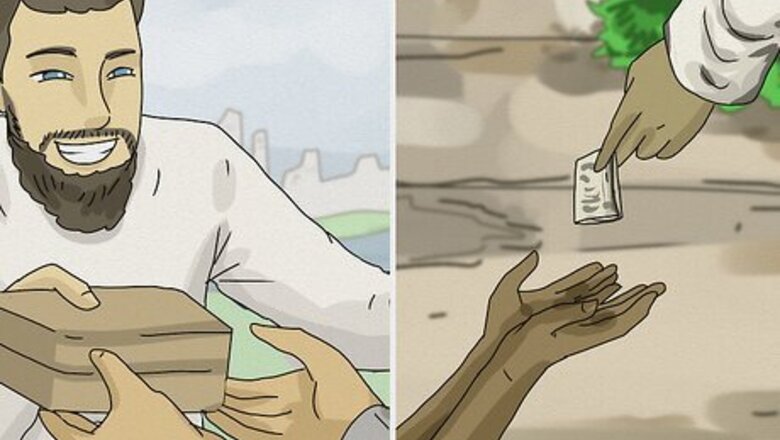
views
Sadaqah Meaning
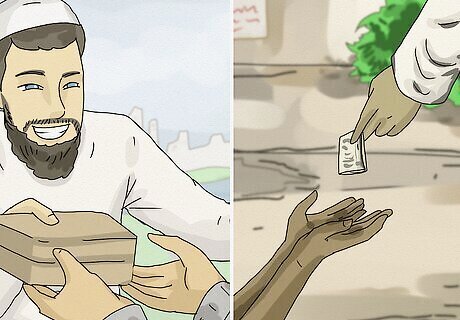
Sadaqah is a voluntary charity given to please Allah. “Sadaqah” is an Arabic word that means “voluntary charity” or “giving.” Sadaqah is a short-term donation that can be given in various forms, like giving money, clothing, food, kindness, or knowledge. This act of worship cleanses your soul and brings blessings and rewards from Allah. Sadaqah stems from the root word “sidq,” which means “sincerity.” This signifies that Sadaqah must only be given when it’s given to please Allah. Sadaqah Jariyah is a long-term charity, like building a community center or planting trees. “Jariyah” translates to “flowing” or “running,” meaning it continues to benefit others.
Sadaqah’s Significance in the Quran
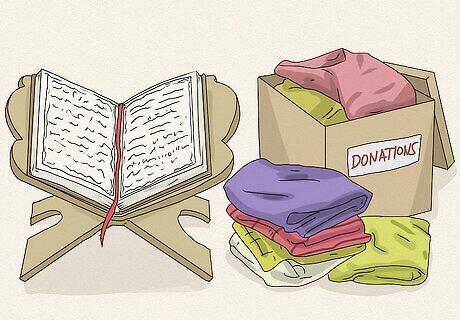
Sadaqah is mentioned several times in the holy Quran. The Quran says to “Believe in Allah and His Messenger, and donate from what He has entrusted you with. So those of you who believe and donate (give Sadaqah) will have a mighty reward.” Other passages say what those who give Sadaqah will receive now and in the hereafter: “Whatever you believers spend in charity, it is for your own good—as long as you do so seeking the pleasure of Allah. Whatever you donate will be paid back to you in full, and you will not be wronged.” (Quran 2:272) “Kind words and forgiveness are better than charity followed by injury. And Allah is Self-Sufficient, Most Forbearing.” (Quran 2:263)
Sadaqah vs. Zakat
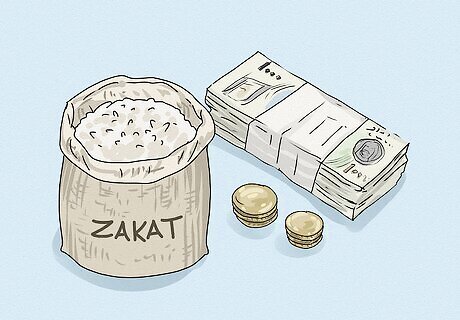
Zakat al Fitr is mandatory, while Sadaqah isn’t. Zakat, meaning “that which purifies,” is an obligatory annual payment and is one of the Five Pillars of Islam. Sadaqah has no fixed amount, can be performed at any time, and is an ongoing expression of generosity that includes many forms, not just monetary payments. Only those who are eligible can pay or receive Zakat, while any Muslim can pay or receive Sadaqah. Zakat is 2.5% of your wealth, while a Muslim giving Sadaqah can pay as much or as little as they would like. Sadaqah Jariyah and Sadaqah have ongoing rewards after you die, but Zakat is only a charity you can give while you are alive.
Benefits of Giving Sadaqah
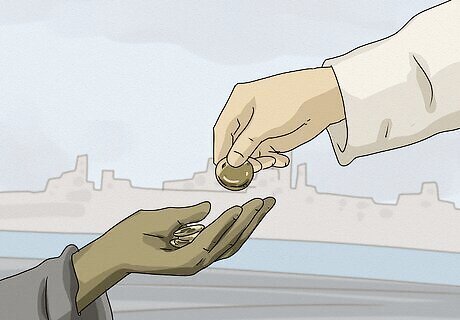
Giving away your money or time shields you from damage and disaster. The Prophet Muhammed (ﷺ) said, “Give charity without delay, for it stands in the way of calamity.” (Al-Tirmidhi) By providing support and care for those in need, you will be protected from harm or any danger will be reduced if it falls upon you or your family. Giving Sadaqah, whether you’re in a time of hardship or ease, helps a Muslim in their time of need and protects them from calamity as well.
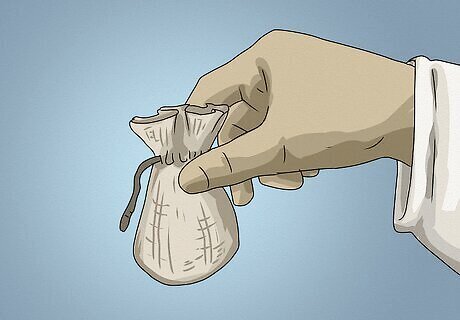
Charity rewards and protects you in the hereafter. Allah’s Prophet (ﷺ) said “The believer’s shade on the Day of Resurrection will be his charity” (Al-Tirmidhi) and “Protect yourself from hell-fire even by giving a piece of date as charity” (Al-Bukhari and Muslim). Even the smallest gift can shade you on the Day of Judgement and protect you from Jahannam in the hereafter. The Prophet Muhammed (ﷺ) also said “If anyone relieves a Muslim believer from one of the hardships of this worldly life, Allah will relieve him of one of the hardships of the Day of Resurrection” (Book 16, Hadith 29). The Quran also says “Surely those men who give Sadaqah (alms) and those women who give Sadaqah and have advanced a good loan to Allah, for them it will be multiplied, and for them there is a noble reward.” (Quran 57:18)
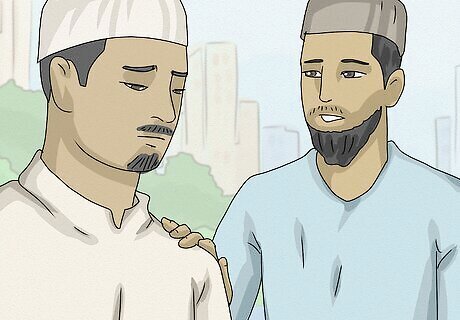
Sadaqah purifies the sins of those who give what they can. In a Hadith, the Prophet (ﷺ) said, “Sadaqah extinguishes sin as water extinguishes fire” (Al-Tirmidhi). When you give Sadaqah consistently throughout your life, you shield yourself from your sins, including those you aren’t aware of.
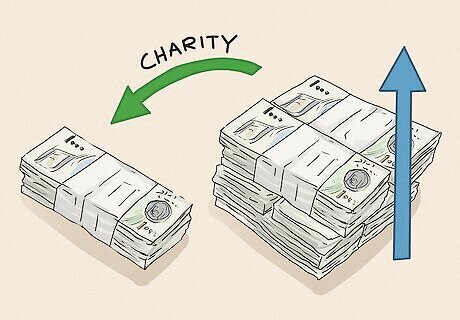
Giving Sadaqah does not decrease your wealth. Giving Sadaqah does not diminish your own wealth because it provides rewards in the afterlife and Allah grants strength to those who struggle but are patient. However, Allah will impoverish those who beg for more than they have. The Prophet Muhammed (ﷺ) said “There is not a day upon which the servant awakens but that two angels descend. One of them says: ‘O Allah, repay one who spends in charity!’ The other says: ‘O Allah, give destruction to one who withholds charity!’” (Bukhari)
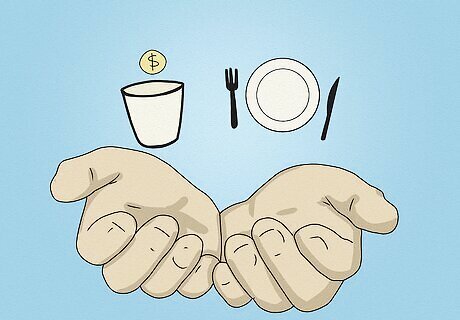
Sadaqah alleviates poverty, hunger, and other community issues. The Quran teaches to “be good to others as Allah has been good to you” (28:77). Giving away your time, energy, or money to those in need helps reduce suffering in local and global communities, which not only does good for you and your relationship with Allah, but does good for others. Sadaqah also encourages people to help and support one another, enforcing the importance of showing generosity and kindness to others.
Ways to Give Sadaqah & Sadaqah Jariyah
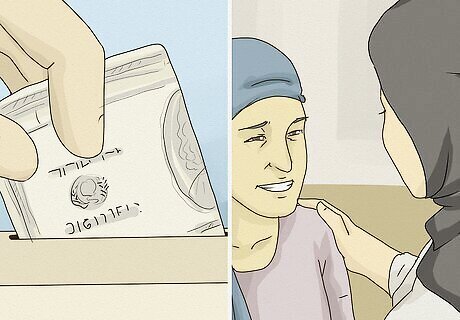
Sadaqah Sadaqah comes from what you lawfully own, goes towards a cause that is just, and is given to please the one and only Allah alone. If a person can’t give their wealth or property, they can give their labor or time. Examples of Sadaqah include: Providing shelter to those who are homeless or displaced Giving money to a charity that provides food or water to those in need Volunteering at a homeless shelter or animal shelter Bringing food to a neighbor in need Giving directions to someone who is lost Visiting those who are sick or dying Smiling at a stranger on the street Making Du’a for others
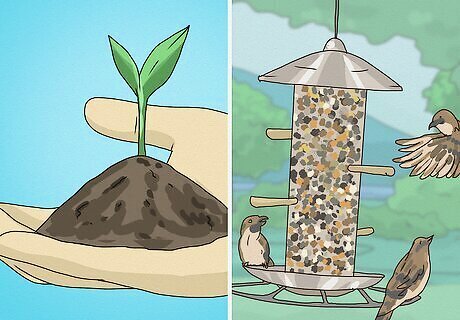
Sadaqah Jariyah Sadaqah Jariyah is a charitable act that has ongoing benefits to those in need. As long as your act continues to help the planet, a person, or an animal, you will be given Allah’s rewards, even after you have left this world. Sadaqah Jariyah includes: Planting trees Sponsoring an orphan with monthly donations Building a water well for a local community Contributing money to build a school, mosque, or community center Teaching someone a skill or other valuable knowledge Making a shelter for people or animals Purchasing livestock for a family in need Planting wildflowers to encourage wildlife and biodiversity Donating religious materials
Giving Sadaqah for Allah

Contribute charity at any time to help people in need. Sadaqah can be given at any time or day throughout the year. However, some Muslims choose to donate what they have after an illness or a bad dream, and others give Sadaqah during Ramadan, when the rewards are greater. Sadaqah can be given to both Muslims and non-Muslims, but it cannot be given to anyone who isn’t struggling or who has enough wealth to support them and their family.
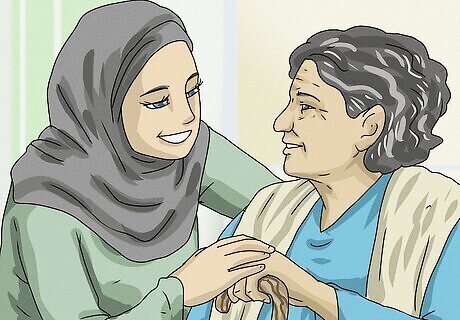
Give Sadaqah without anyone else knowing. In Islam, giving Sadaqah privately ensures that you give for Allah’s sake alone. It also protects you from showing off your good deeds or seeking praise from others. To gain the maximum reward in the hereafter and ensure your intentions are pure, try to give Sadaqah when no one else is watching. Prophet Muhammed (ﷺ) said “There are seven whom Allah will shade on the Day of Judgement…A man who gives in charity and hides it, such that his left hand does not know what his right hand gives in charity” (Sahih Al-Bukhari). However, it is also permissible to give Sadaqah openly if you’re looking to encourage other people to do the same.
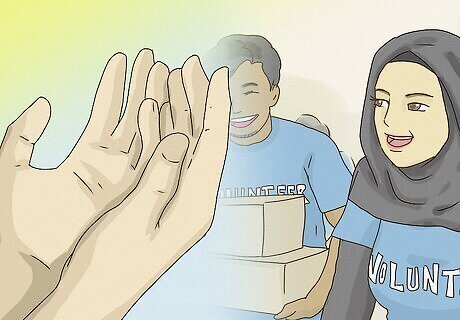
Make du’a and reflect on your intentions to give Sadaqah. Before giving your money or time to those in need, connect with Allah to make sure you’re doing it to become closer to Him. Perform Dhikr as you pray and say your intentions out loud so that Allah accepts your Sadaqah. Try to avoid contributing charity for your own personal gain, and instead aim to give away what you have to strengthen your connection to Allah.
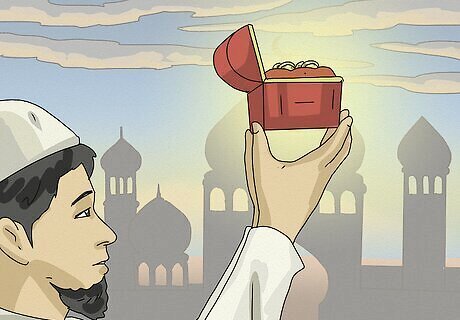
Donate the best items you have or money from a lawful source. Sadaqah in the form of money must not be from haram sources, like selling alcohol. The Quran also advises to “Donate from the best of what you have earned…Do not pick out worthless things for donation, which you yourselves would only accept with closed eyes” (2:267). Donate money that has been earned from your job or lawful business dealings. Give away good-quality items that others want to use or wear, like new shirts or fresh cans of food. The Quran says “You will never achieve righteousness until you donate some of what you cherish. And whatever you give is certainly well known to Allah,” (3:92) meaning that giving away what you love or desire is a truly good act of Sadaqah.
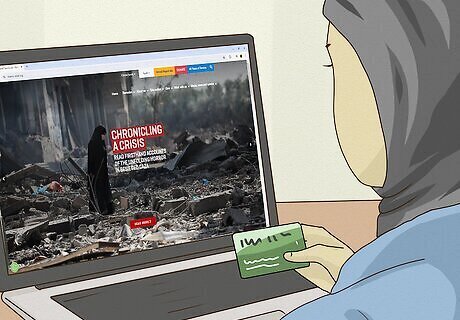
Donate to reputable, reliable organizations. If you plan to give your money or time to an organized charity, choose one that has a proven track record for using the funds for its intended purposes. Reputable charities you can give Sadaqah to include: Islamic Relief Worldwide Feeding America Direct Relief Muslim Hands United Nations Children’s Fund (UNICEF) St. Jude Children’s Research Hospital The UN Refugee Agency (UNHCR)
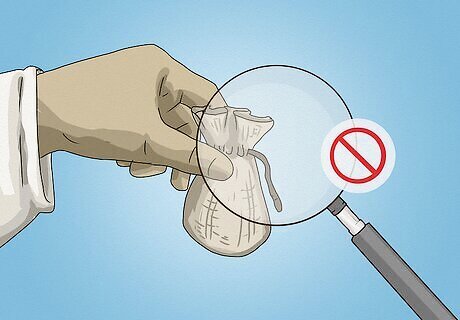
Try to avoid keeping track of the Sadaqah you’ve given. To keep your intentions pure and gain the maximum benefit from your good deeds, try to avoid expecting anything in return or counting what you have given. The Prophet (ﷺ) said “Spend in charity and do not keep count for then Allah will also keep count in giving you provision” (Sahih al-Bukhari and Muslim). After you have given charity, try to forget that you have given it at all. The ability to give Sadaqah is a gift from Allah that will grant you His mercy in the afterlife.



















Comments
0 comment